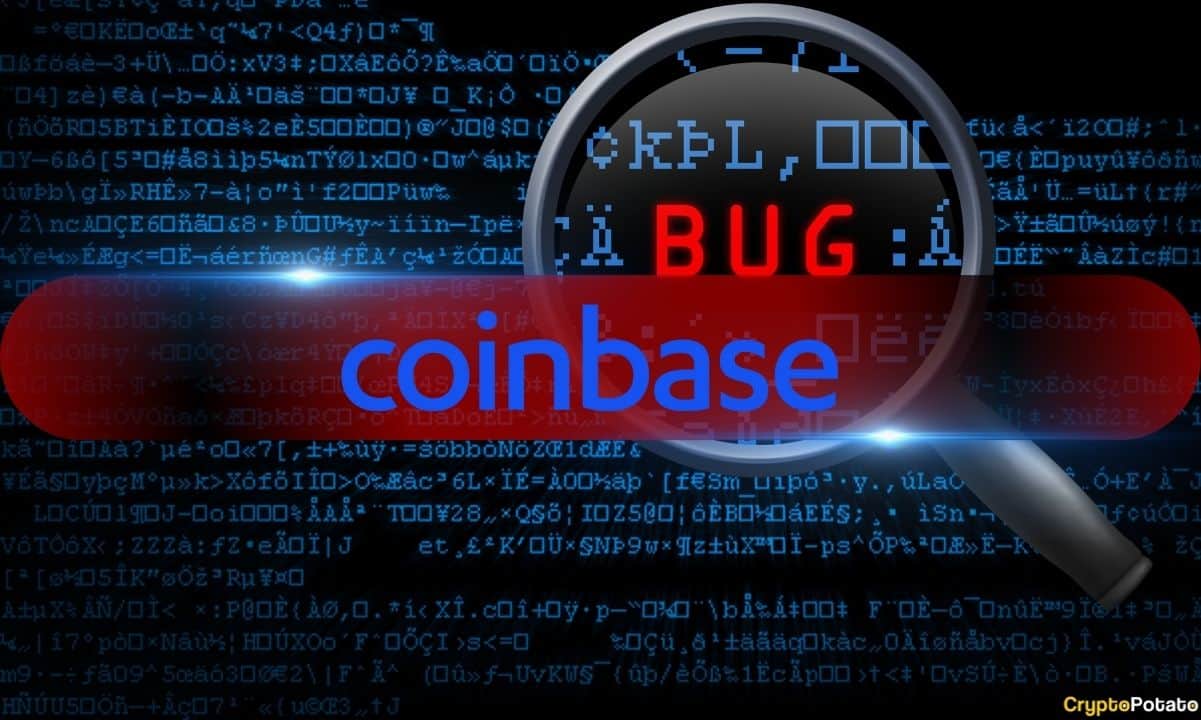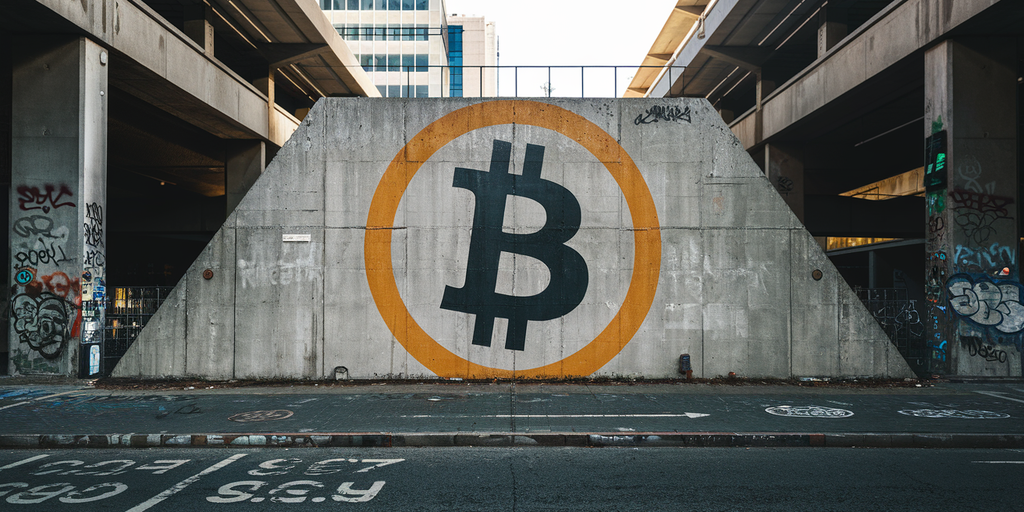Exploring the Impact of Asset Tokenization: Cost Savings and Wider Adoption
Asset tokenization, a process that converts real-world assets into digital tokens, has been gaining traction in the financial industry. According to a recent report, this innovative technology could bring about substantial cost savings for asset managers and issuers, potentially leading to broader adoption.
Cost Savings for Asset Managers and Issuers
Traditional methods of managing and trading assets involve significant costs, including custodian fees, administrative costs, and settlement risks. Tokenization, however, offers a more efficient way of managing assets. By converting assets into digital tokens, asset managers and issuers can:
- Reduce transaction costs: Tokenization eliminates intermediaries and automates processes, leading to lower transaction costs.
- Streamline settlement: Digital tokens can be transferred instantly and securely, reducing settlement times and risks.
- Enhance liquidity: Tokenization makes assets more accessible and tradable, increasing their liquidity.
Broader Adoption of Asset Tokenization
The potential cost savings and efficiency gains from asset tokenization are expected to drive broader adoption of this technology. As more asset managers and issuers embrace tokenization, we can anticipate:
- Increased diversity of tokenized assets: We may see a wider range of assets, including real estate, art, and infrastructure, being tokenized.
- Greater accessibility: Tokenization can make it easier for smaller investors to access previously illiquid or exclusive assets.
- Improved transparency: Digital tokens can provide more information about the underlying assets, enhancing transparency and reducing information asymmetry.
The Impact of Asset Tokenization on Individuals
For individuals, asset tokenization could offer new investment opportunities and a more efficient way to manage assets. By investing in tokenized assets, you may be able to:
- Access a wider range of assets: Tokenization can make previously illiquid or exclusive assets more accessible to individual investors.
- Reduce transaction costs: Digital tokens can eliminate intermediaries and automate processes, potentially reducing transaction costs.
- Gain greater transparency: Tokenized assets can provide more information about the underlying assets, allowing for more informed investment decisions.
The Impact of Asset Tokenization on the World
On a larger scale, asset tokenization could have significant implications for the global financial system. Some potential impacts include:
- Increased efficiency: Tokenization can automate processes, reduce intermediaries, and streamline settlement, leading to a more efficient financial system.
- Greater access to capital: Tokenization can make it easier for smaller issuers to access capital and for individuals to invest in a wider range of assets.
- New business models: Tokenization can enable new business models, such as fractional ownership and tokenized funds.
Conclusion
Asset tokenization represents a significant shift in the way we manage and trade assets. By converting real-world assets into digital tokens, we can enjoy cost savings, increased efficiency, and broader access to investment opportunities. As more asset managers, issuers, and individuals embrace this technology, we can expect to see a more efficient, accessible, and transparent financial system.
For individuals, asset tokenization offers new investment opportunities and a more efficient way to manage assets. For the world, it could lead to increased efficiency, greater access to capital, and new business models. The future of asset management and trading is undoubtedly digital, and asset tokenization is at the forefront of this revolution.





